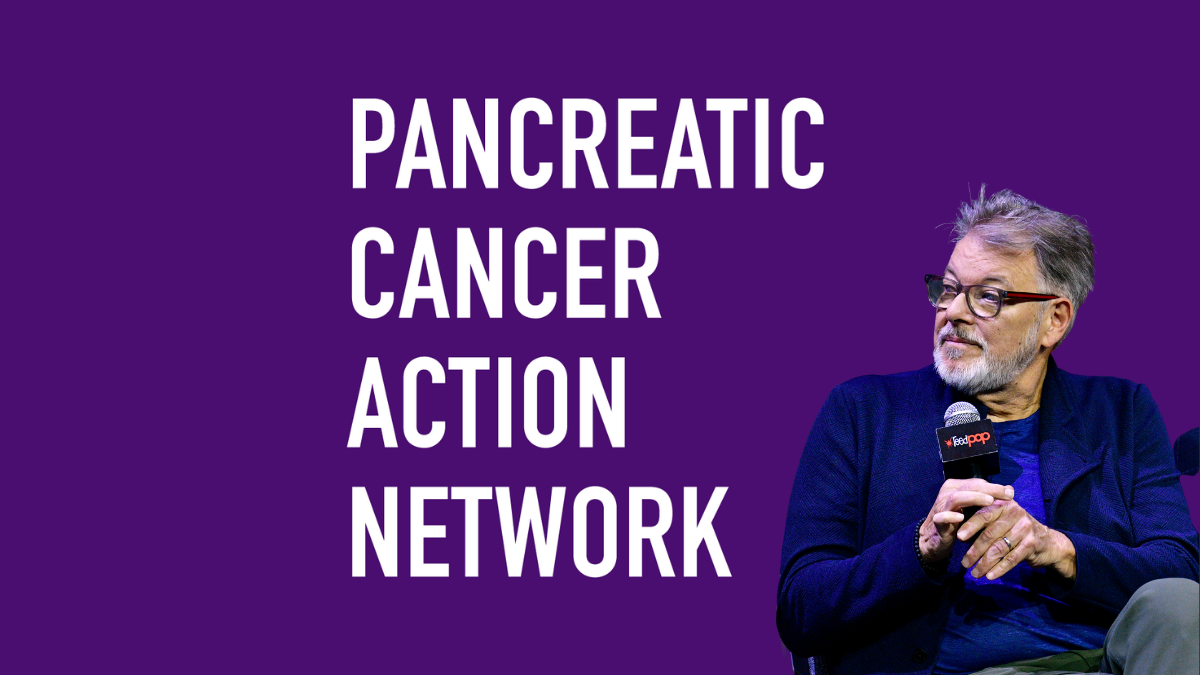Idris Elba displays Star Trek portraits in interview about UN International Fund for Agricultural Development

Sabrina Dhowre and Idris Elba on BBC News
Last month, Star Trek Beyond actor Idris Elba made headlines when he revealed that he had tested positive for COVID-19, the disease caused by the novel coronavirus. This week, he’s made headlines again because of some Star Trek-themed artwork he displayed in the background of a video interview he gave with the BBC. More on the Star Trek connection in just a moment, but first: why was Elba on the BBC?
Elba, along with his wife, Sabrina, both suffered mild symptoms from their bouts of COVID-19. Now that they have recovered, Elba told the BBC that he is “humbled and thankful to be alive”.
On Monday, Elba, in his role as a UN ambassador, helped launch a £40m relief fund, the International Fund for Agricultural Development, which is aimed at supporting poor farmers during the pandemic. Elba told BBC News, “It is about the basic necessity for human beings, and that will run out if the farmers can’t farm.”
But what about that Star Trek connection? That video interview with the BBC was shot in Elba’s home. The BBC shared a one minute and seventeen second clip of the interview and it quickly caught the eye of Star Trek fans. On the wall behind Elba’s head were clearly mounted portraits of Captain Kirk, Captain Picard, and Captain Janeway. Elba himself, of course, once played a decorated Starfleet captain, so perhaps the portraits were part of his inspiration? Neither Elba, his wife, nor the BBC presenter made any comment about the portraits, so we may never know.
Elba is now using his celebrity status to help the UN lobby governments for another $200m in funds to help farm workers in poorer parts of Africa, Asia, Latin America and the Middle East. He said of the program, and of his experience with COVID-19: “What we've learnt from COVID is that no man is an island. [...] We're all part of this world, so if we can help each other [with] forward-thinking - that's going to save a lot of lives and some livelihoods."






